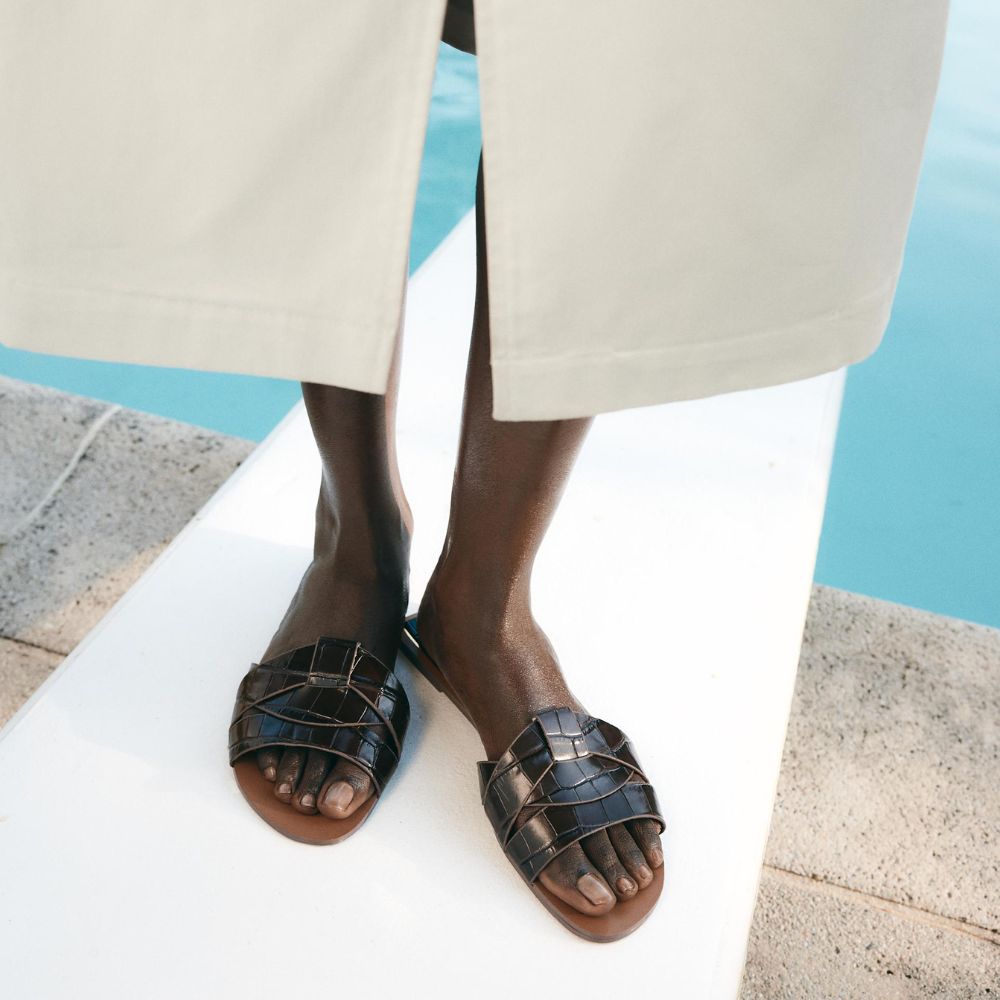The 5 "Anti-Ageing" Skincare Truths That Everyone Needs to Hear
It feels as though the beauty tides are really starting to turn. Over the past few months, the way in which we approach our beauty routines has really changed, and I'm not just talking about the products we're shopping. Forget the intricacies. I'm talking real, deep-rooted, institutional sort of change. For the first time in my career as a beauty editor, I genuinely believe that the beauty industry's whole mission has undergone a shift: The anti-ageing myth is, I believe, no more.
While beauty brands have always championed a "fountain of youth" approach to their marketing, the past few decades have seen a particular focus on wrinkle reversal. In fact, the term "anti-ageing" has come to mean total annihilation of any wrinkle or fine line in sight. But this year, the approach to anti-ageing is changing. We are finally coming to terms with the fact that the dream we have been sold is one big con. The creams don't work, the science isn't there and, perhaps most importantly, we don't want to demonise our wrinkles anymore.
However, this isn't to say there's not some truth to anti-ageing promises. And it's certainly not to say you're wrong if you still feel as though you'd like to look a little younger. (It's only human.) There are, in fact, ways we can embrace our skin's natural ageing process while ensuring we maintain a youthful-looking complexion. If you're feeling like you don't know what to think about your skincare routine right now, you're not alone. To help navigate this new world of skincare, I reached out to the most straight-talking expert I know, aesthetics doctor Ahmed El Muntasar. Keep scrolling for the mature-skin advice everyone really needs to hear. Trust me—your skin will thank you for it.
1. Skincare Won't Get Rid of Wrinkles or Sagging
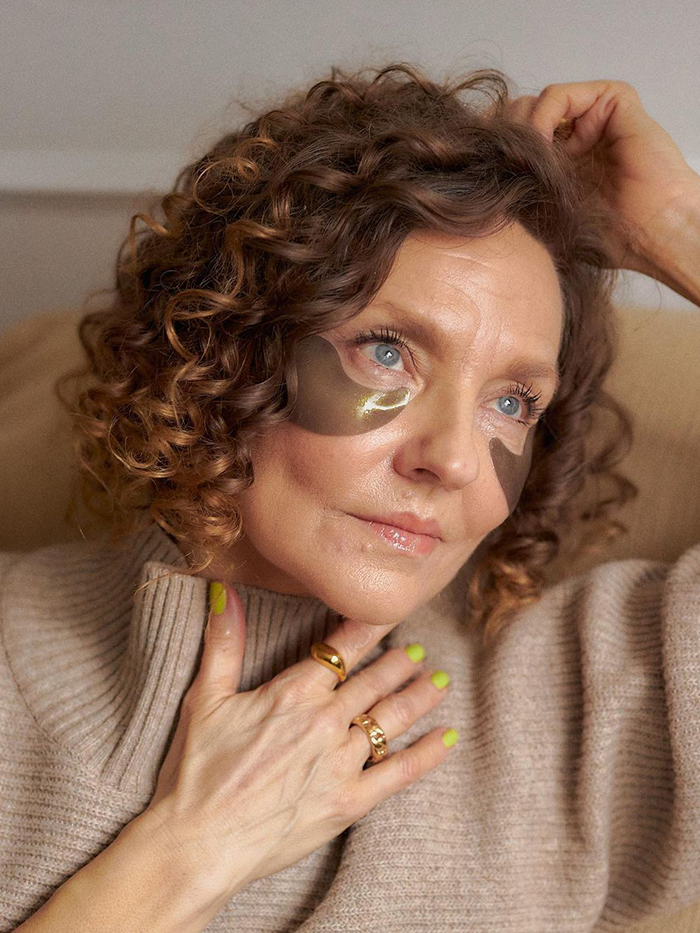
Before you read another word of this article, it is absolutely imperative that you really understand this point. Repeat after me: Skincare will not get rid of wrinkles. Keep repeating this until you truly believe it. I get that it's a tough thing to come to terms with given that we've spent most of our lives being told the opposite by beauty brands, but believe me when I say you will be so much happier with your skin when you stop believing your skincare products can change its genetic structure.
To really understand why skincare products won't get rid of wrinkles, you need to first understand some basics of the skin's ageing process. "Ultimately, as we age, the fat pads that provide cushioning for our faces start moving down (gravity gets to work), and this is why people start developing jowls. On top of this, our bone structure changes, and we start losing a lot of the collagen our body naturally produces," explains El Muntasar. "Skincare can't act as the scaffolding our skin needs to maintain its previous structure. In order to do that, you need something that works at a level that would alter the connective tissue. Of course, no cream can do that."
Of course, there are some ingredients that can help reduce the appearance of wrinkles (retinol, I'm looking at you), but this truly only works at an epidermal level and can't change the tightness of your skin.
2. Prevention Trumps Treatment
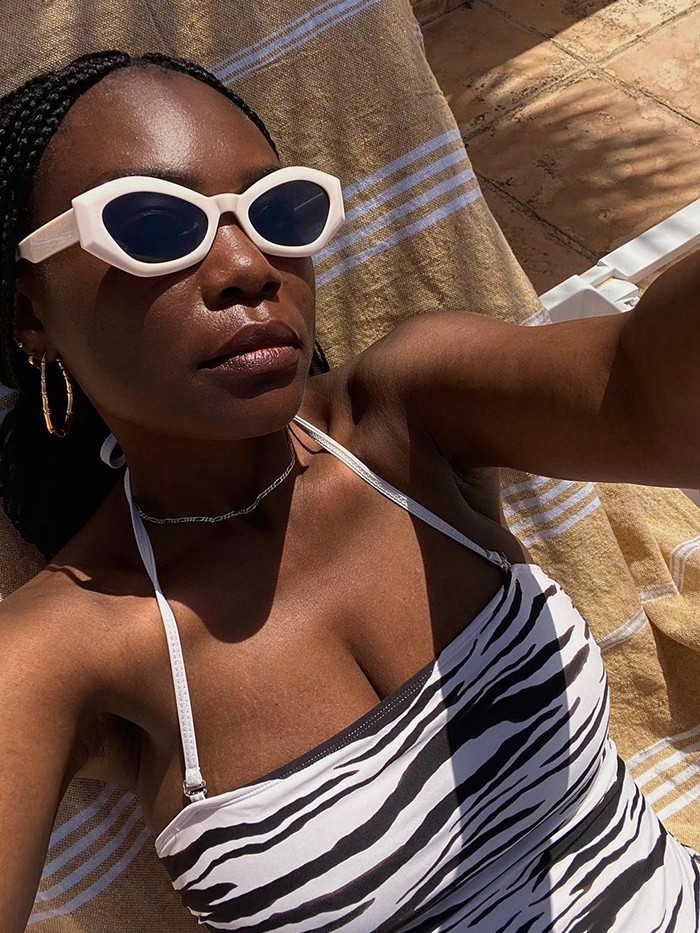
You already know this, I'm sure, but it is important to know it and understand it if you want to be sure to keep up the good work. Preventing damage is far easier than treating damage. This is something that is drilled into us in our younger years but often overlooked as we get older. The truth is preventative skincare treatments are just as important for those with mature skin as they are for those with younger skin. "You are basically decreasing the rate at which your skin ages by taking preventative actions. If your skin looks 50, it can still look 70, and actually, the skin ageing that takes place in later years is a lot more visible," says El Muntasar.
Prevention comes down to two very simple skincare steps: SPF and retinol. "Scientifically speaking, there are only two things that have actual data supporting anti-ageing. Number one is using a minimum of SPF 50 every single day and reapplying it every two to three hours if you can. Number two is an encapsulated retinol of some sort, and I mean a proper retinol," he adds.
Shop SPFs:
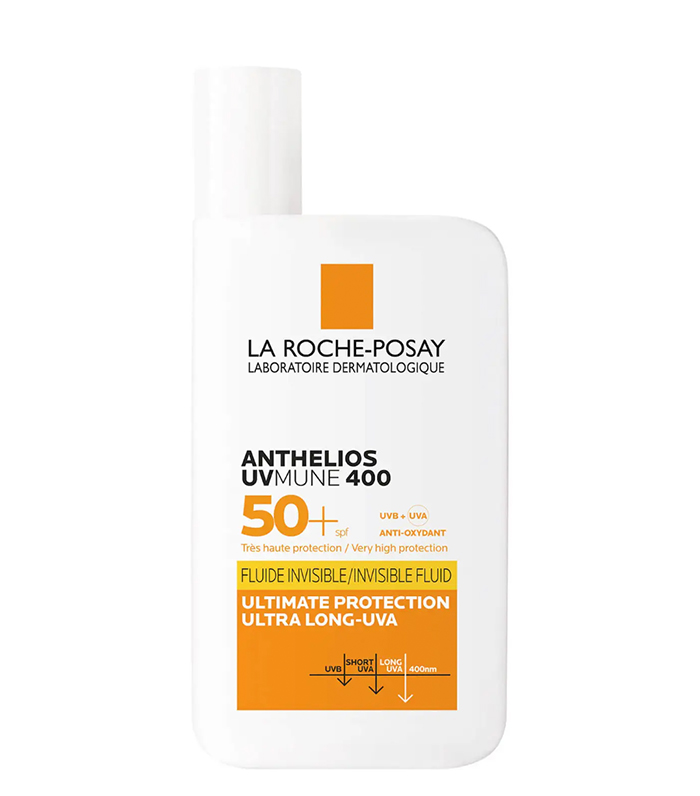
This facial SPF is renowned for being one of the best on the market. Not only is the protection really impressive, but the texture is also lightweight and delivers a second-skin finish.
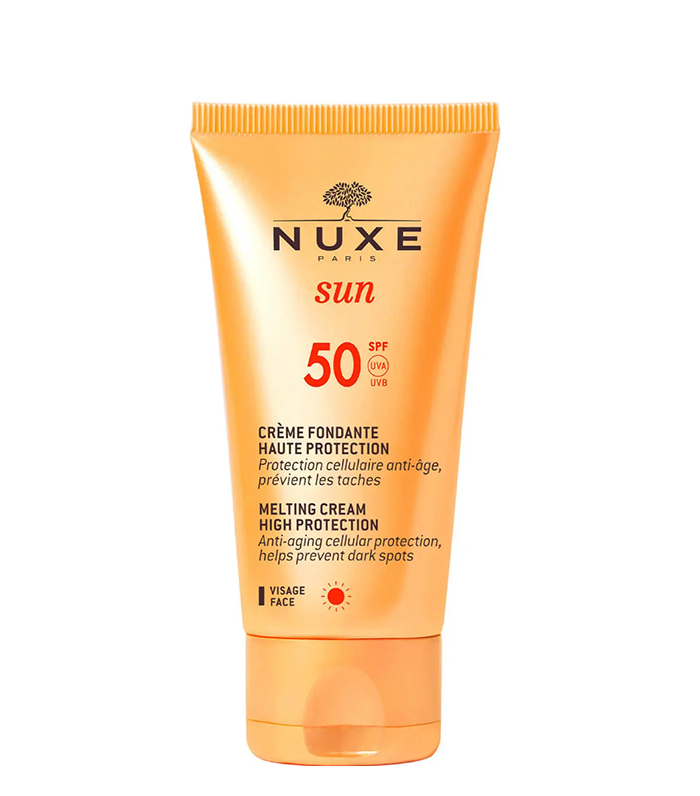
I really don't think this sun cream gets enough praise. It's relatively lightweight but, most importantly, delivers a really nice burst of hydration, plumping skin while it works. The best bit? It contains Kau Pe sunflower, which helps to keep the skin cool on hot days and prevent overheating.
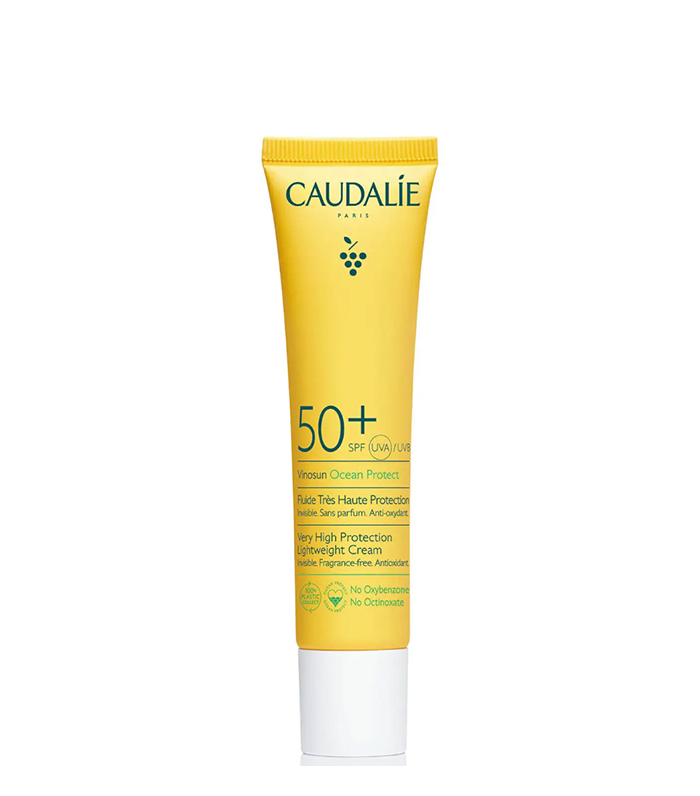
This gentle, seriously lightweight cream sits beautifully under makeup or alone, giving skin a subtle, natural-looking radiance without a hint of greasiness.
Shop Retinols:
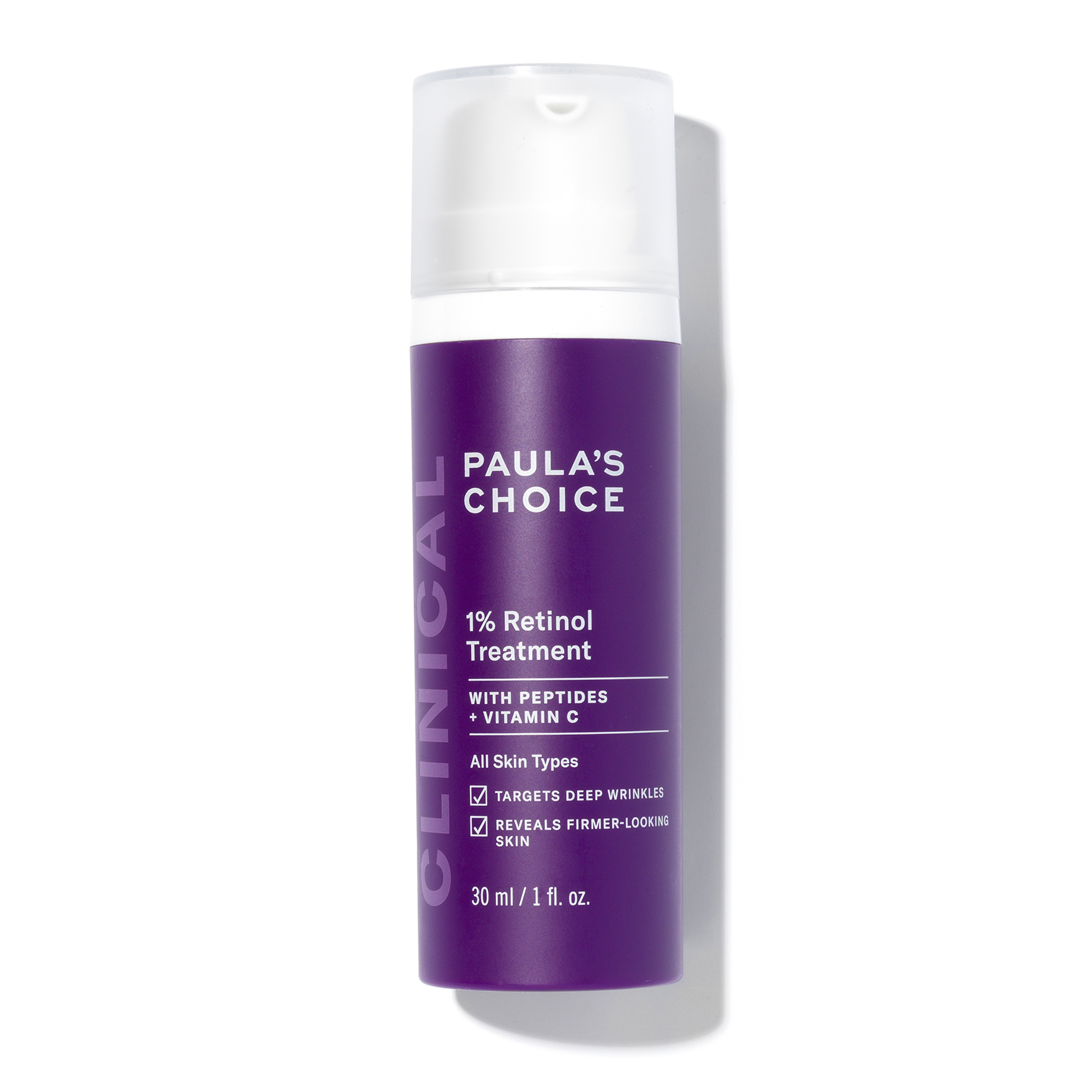
With antioxidants and retinol, this skin treatment is a total all rounder. When applied three times a week, it will leave skin looking noticeably more glowing.
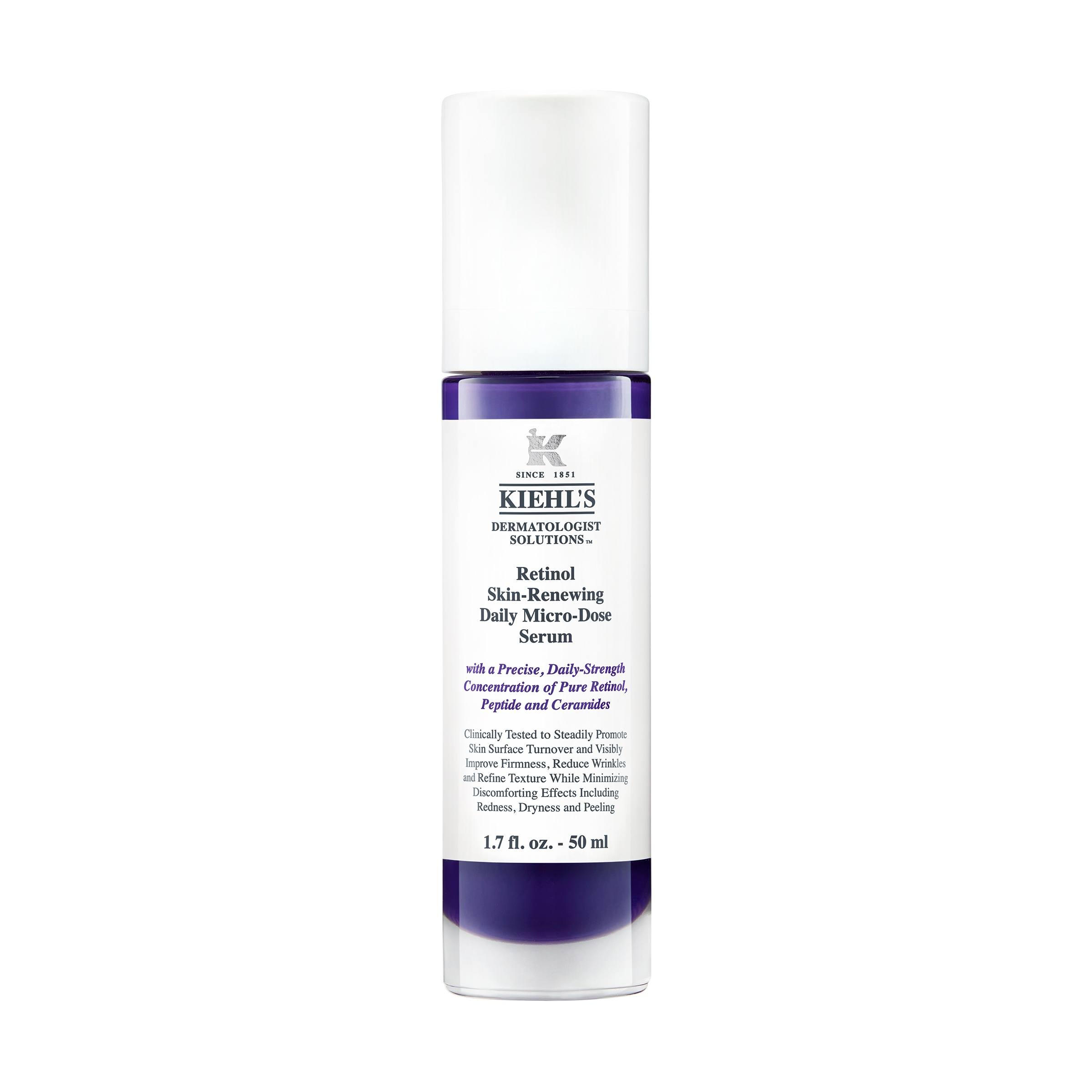
This retinol isn't cheap, but it is really good. With ceramides, it doesn't cause irritation in the same way other retinols of its strength might. If you're a retinol newbie, start off using it just once or twice a week, and don't be tempted to increase this too quickly—you might end up with skin peeling on your hands.
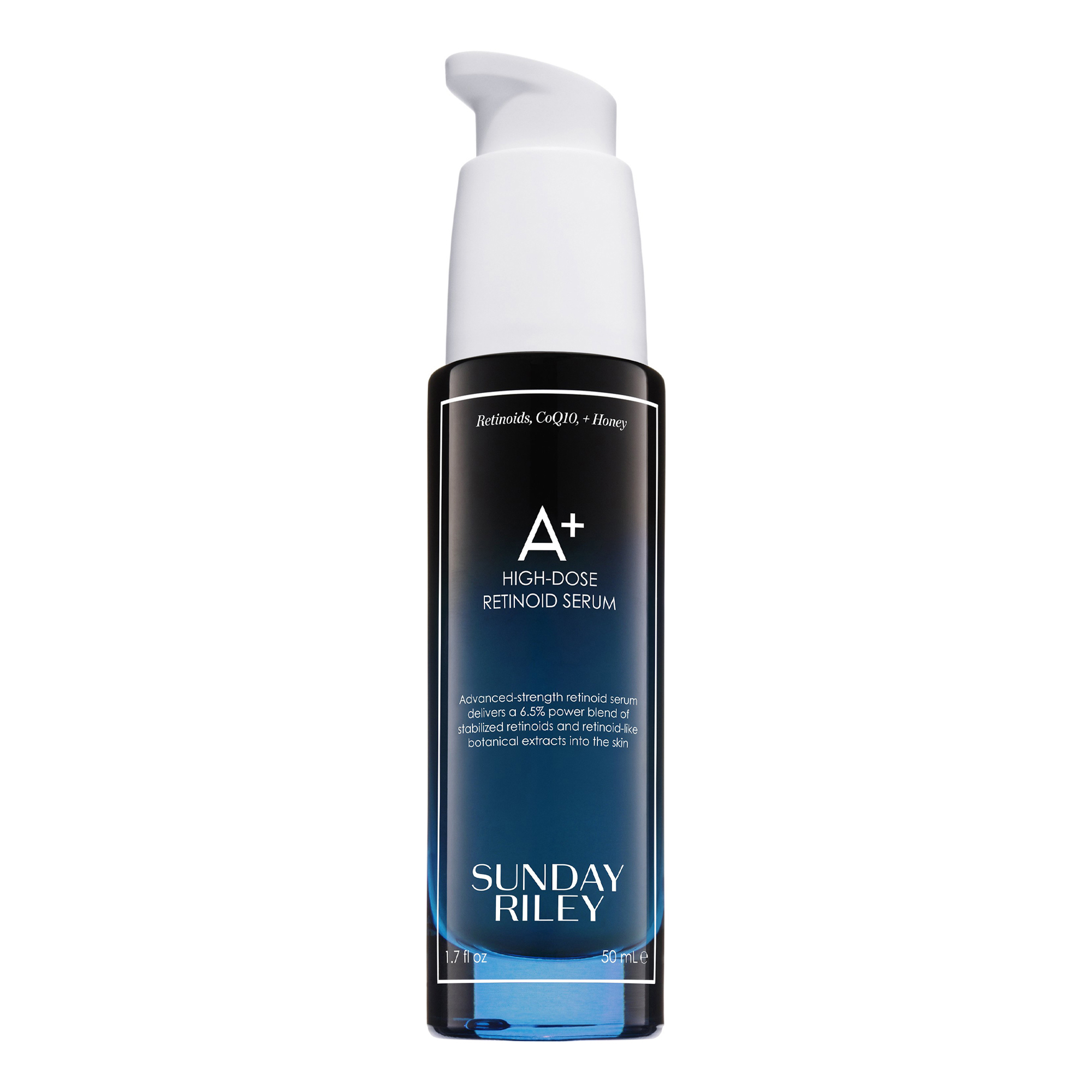
If you're already a seasoned retinol user, you'll likely love this serum. It's strong, no-fuss and will have you glowing in no time at all.
3. Injectables Can Be Subtle
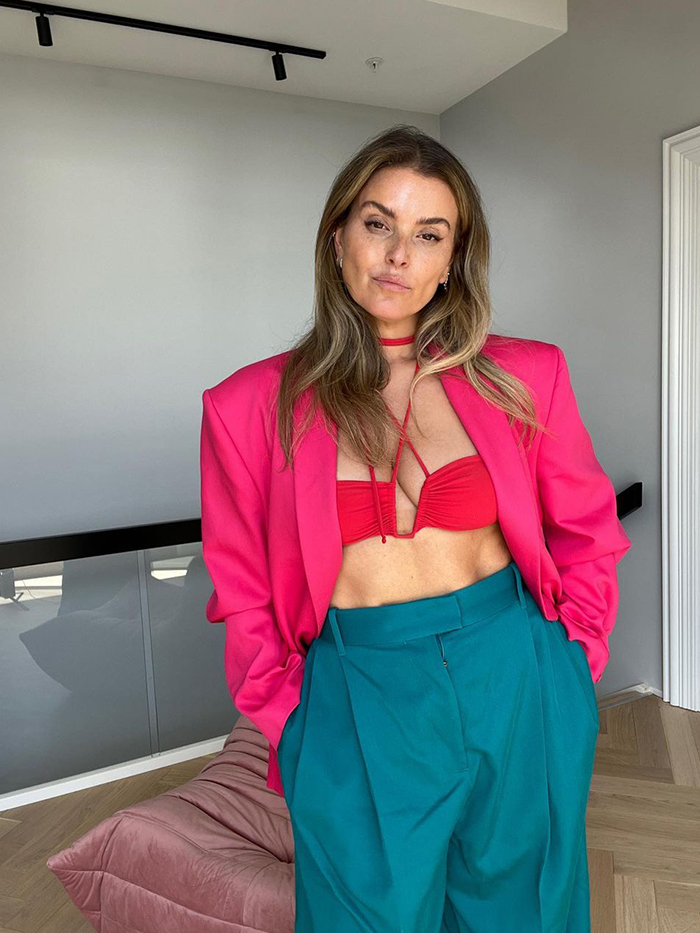
I know you don't want to hear this (and I don't particularly like writing it either), but injectables truly are the only way to noticeably get rid of wrinkles��temporarily, at least. And while injectable treatments are becoming more mainstream and popular, I can't help but notice the number of people (particularly women with mature skin) who say they're worried injectables will make them look worse. The truth is that anti-wrinkle injections shouldn't (and likely won't) drastically change the way your face looks.
"Botox is incredible, but I understand a lot of people don't like it," says El Muntasar. "Instead, perhaps look for skin-booster treatments to hydrate and plump the skin, dermafillers for big, deep lines like smile lines, or even collagen stimulators like Ellansé (which can't really leave you looking fake as it just encourages your body to create more collagen in the injected area)."
4. Pigmentation Is Hard to Treat

As we get older, pigmentation or "age spots" become part and parcel of our skin's existence. Most of the time, skin pigmentation in mature skin happens as a result of years of UVA exposure. Wearing SPF will naturally help prevent not only the development of pigmentation but also the severity of it once it already exists. However, pigmentation is very hard to treat, so take marketing claims with a pinch of salt. "Vitamin C and retinol tend to help hyperpigmentation on caucasian skin. However, skin of colour that has a lot of hyperpigmentation often needs more treatment. We can look at prescription treatments such as tretinoin, which is the most active form of vitamin A," says El Muntasar.
You may also have heard of a prescription treatment called hydroquinone, and there's something El Muntasar would like for you to know. "Hydroquinone is a great treatment for evening out pigmentation across all skin tones. It has a lot of stigma because, back in the day, it was used for skin bleaching, but the treatment has come a long way. Previous formulas were 30-40%. The one I prescribe is 4%. It really helps to neutralise different levels of pigmentation," he says.
5. Glow Is Your Best Friend
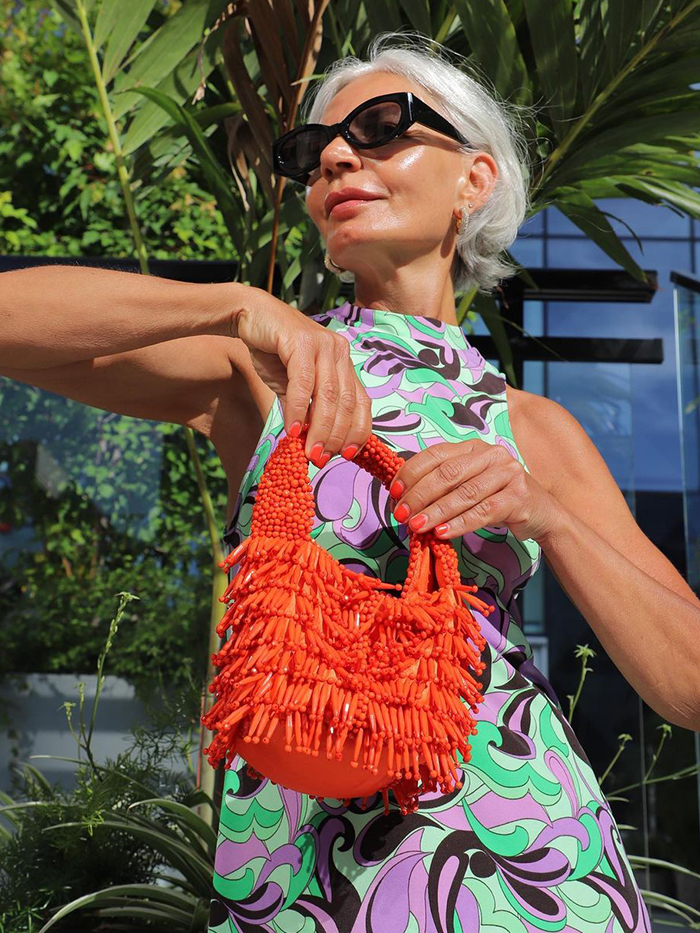
This is perhaps the most important "anti-ageing" rule around. Forget trying to eradicate your wrinkles. The real secret to youthful skin is nailing that healthy-looking glow. And trust me—it's equally as convincing and a lot less effort. "Ultimately, glow comes from vitamin C, specifically from L-ascorbic acid. That is the most active form of vitamin C that works really well at increasing brightness. Exfoliation with a gentle chemical exfoliator like salicylic acid and glycolic acid will help. A tinted moisturiser also gives a nice glow, and that can be all it takes," says El Muntasar.
Shop Vitamin C:
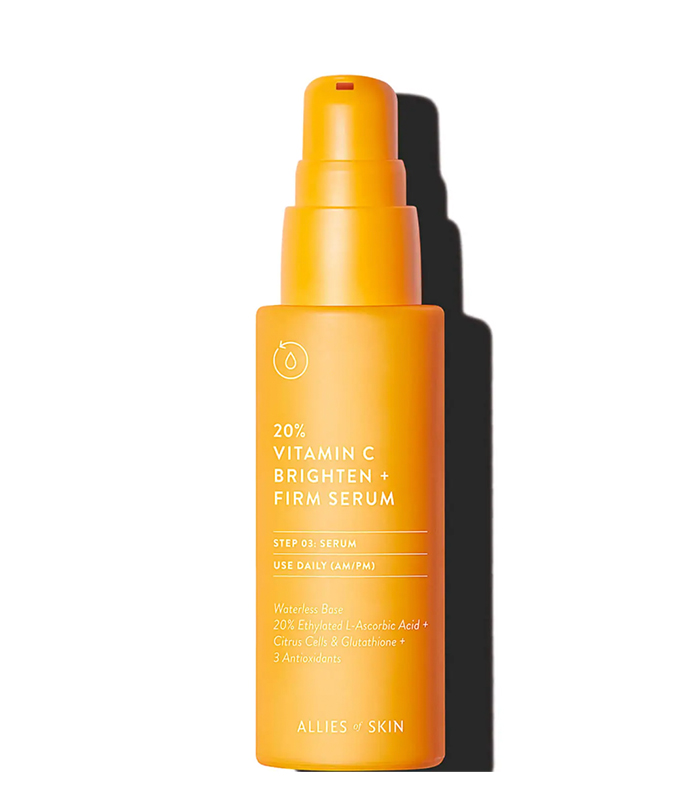
With L-ascorbic acid and other antioxidants, this vitamin C serum is easily one of the most glow-boosting I've ever tried.
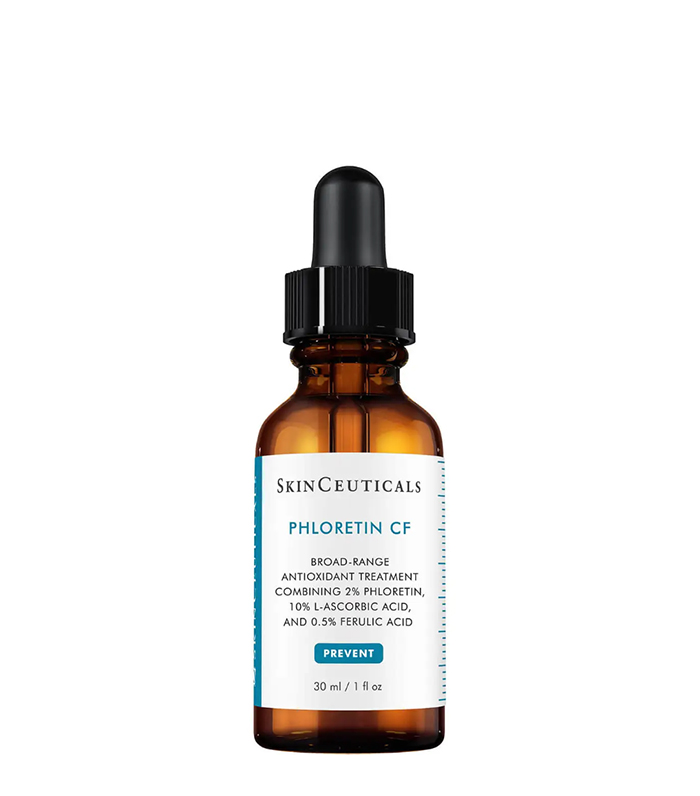
If it's a smooth, youthful-looking glow you're after, look no further than Phloretin CF. Skinceuticals is famed for its elite vitamin C serums, and this one is no exception. Formulated for those that struggle with pigmentation, I promise you this product is worth the extortionate price tag (but only if you can afford it, of course).
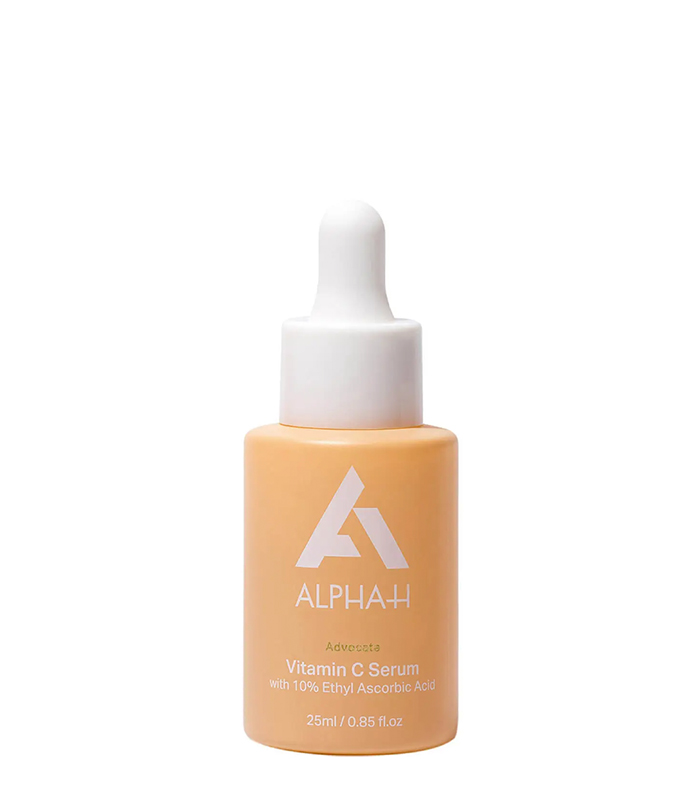
For a relatively affordable vitamin C serum (good vitamin C is very hard to find at a good price), this stuff is really impressive. With no-fuss, it just leaves skin looking healthier.
Shop Exfoliators
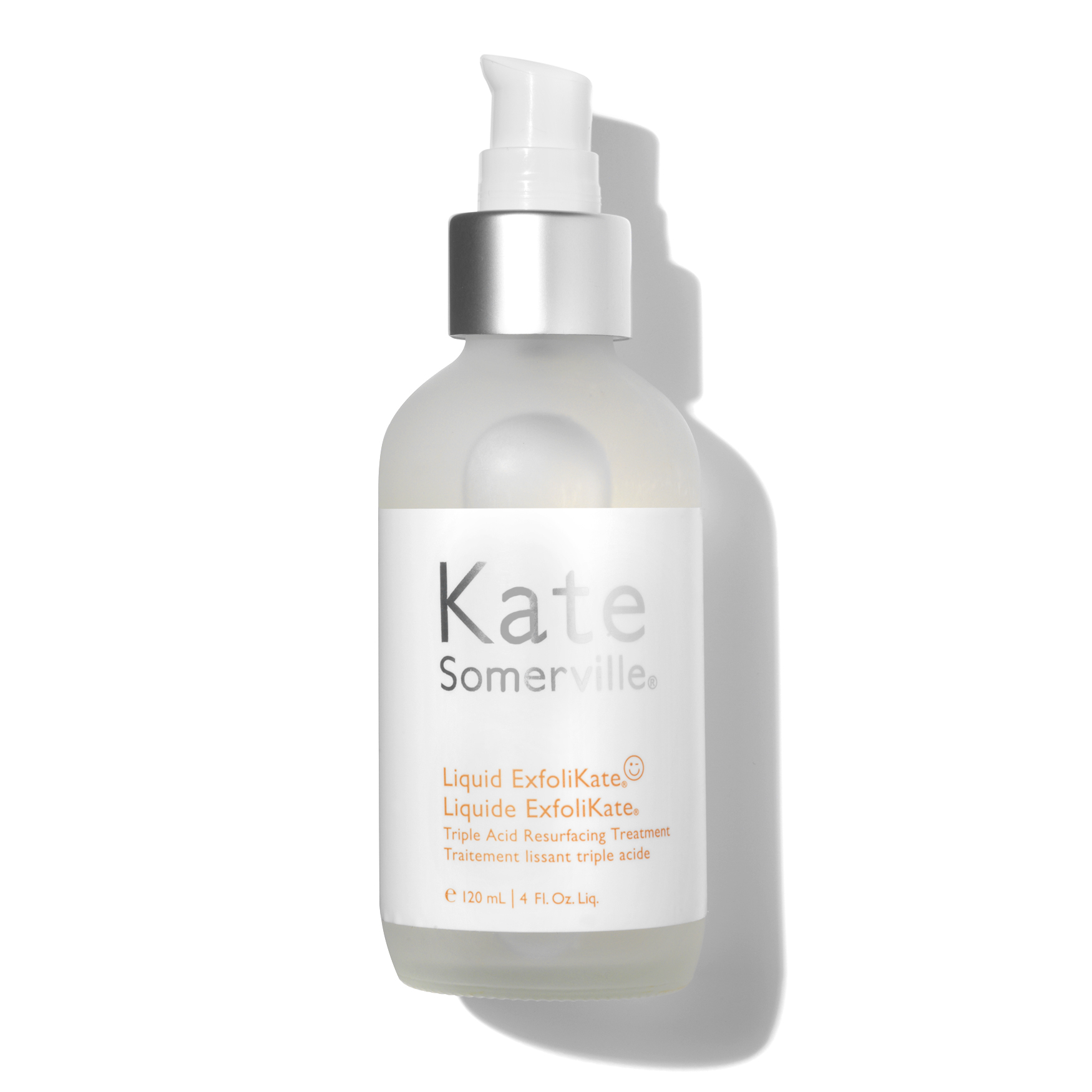
Scrubs can be abrasive on mature skin, so a liquid exfoliant is the way forward. This liquid version of Kate Somerville's iconic ExfoliKate is every bit as glow-boosting as the original.
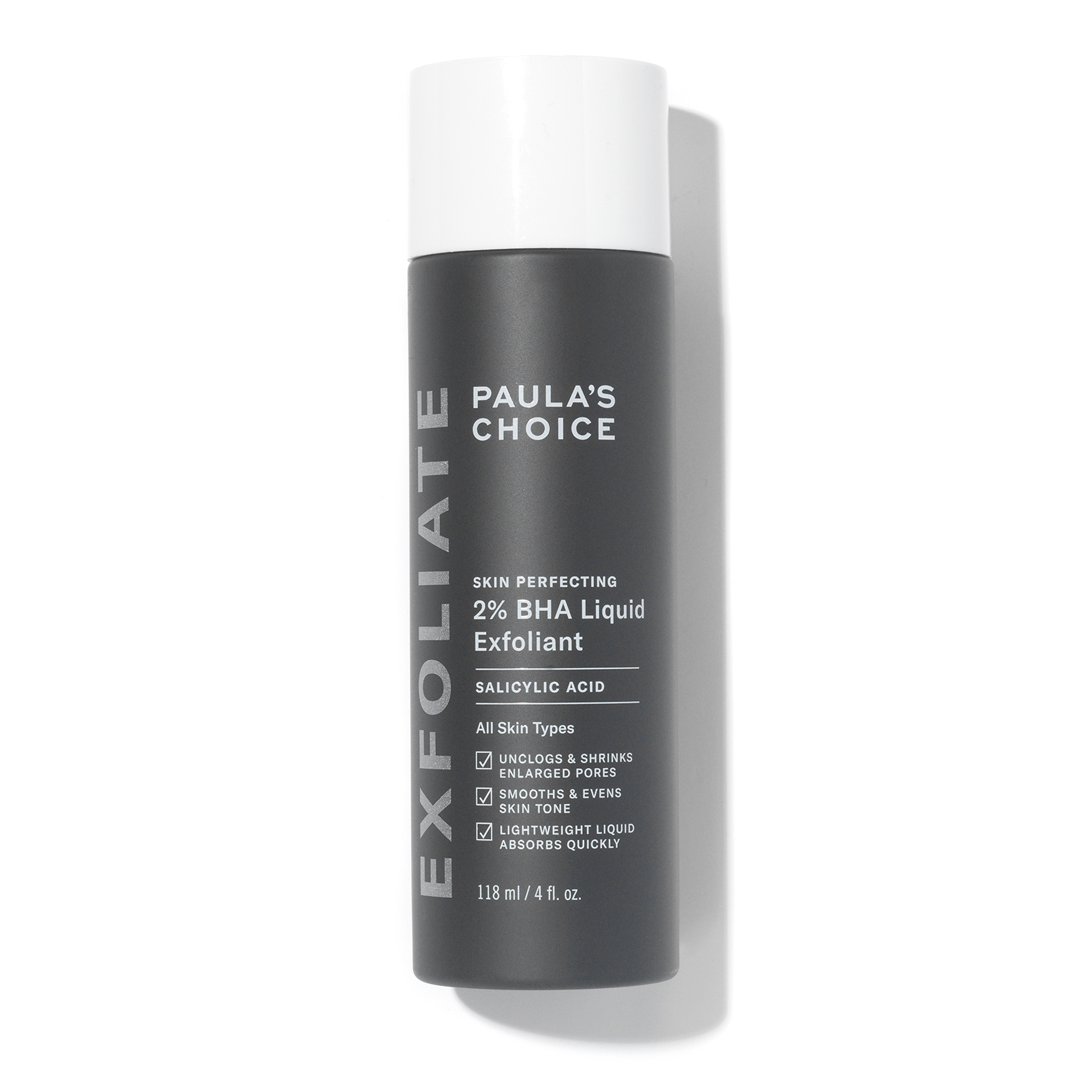
I challenge you to find anyone who's tried this product and didn't instantly fall in love. It smooths skin with unparalleled ease and leaves you waking up with noticeable radiance.
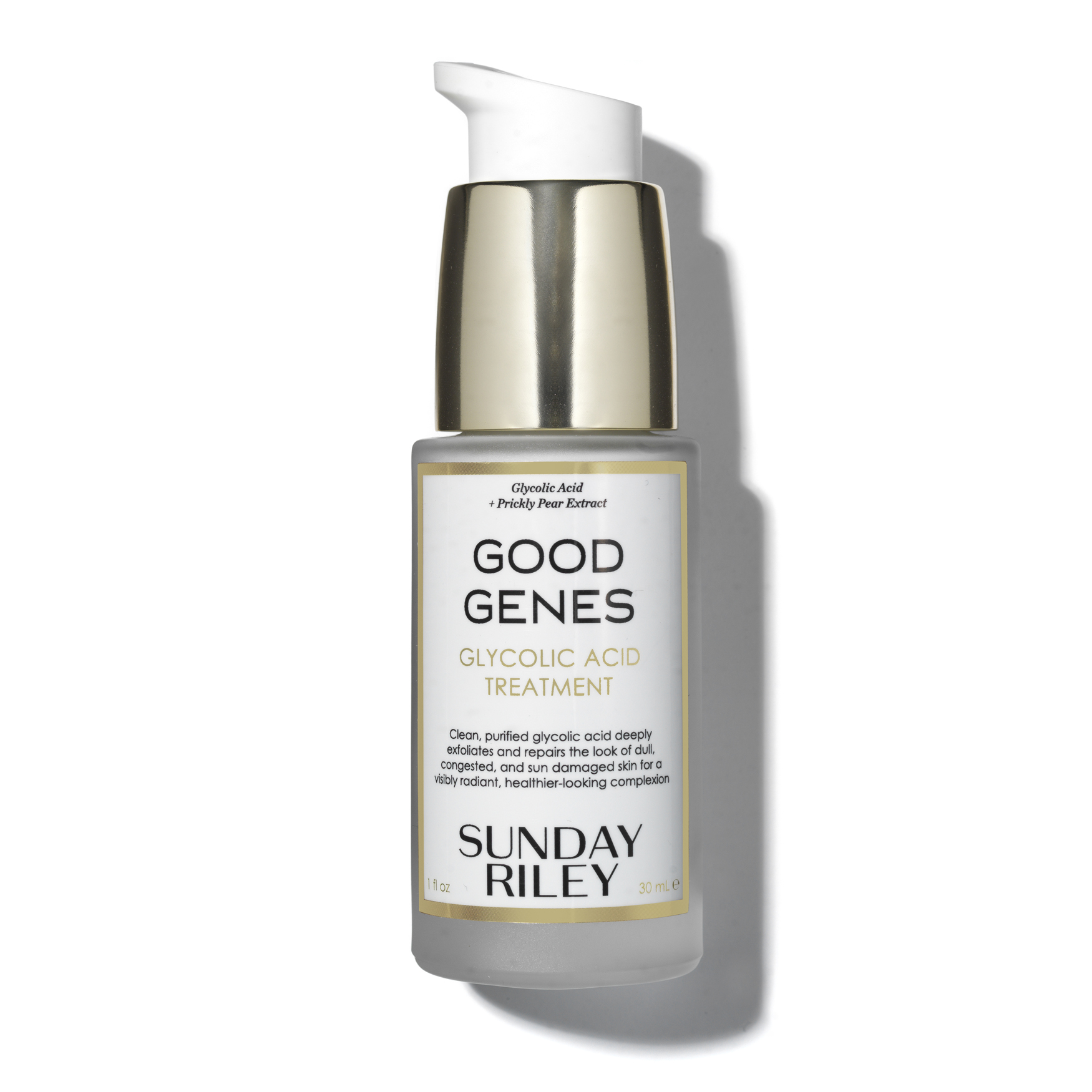
Expensive? Yes, but it doesn't beat around the bush. If you want a healthy-looking glow, boy, does this glycolic acid treatment deliver.
Shop Tinted Creams:
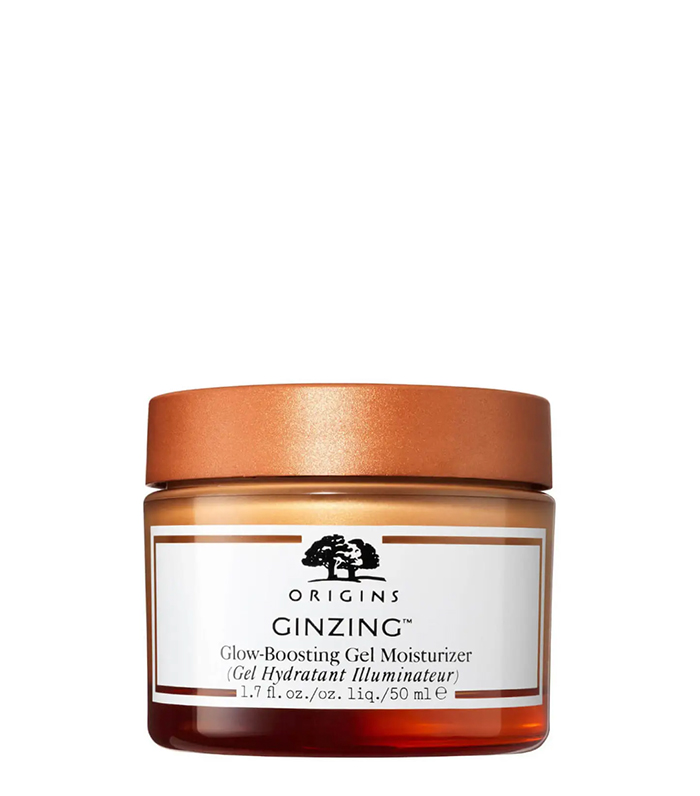
This lightweight, gel-like moisturiser is perfect for summer thanks to the cooling texture and bronze-boosting illuminating pigment.
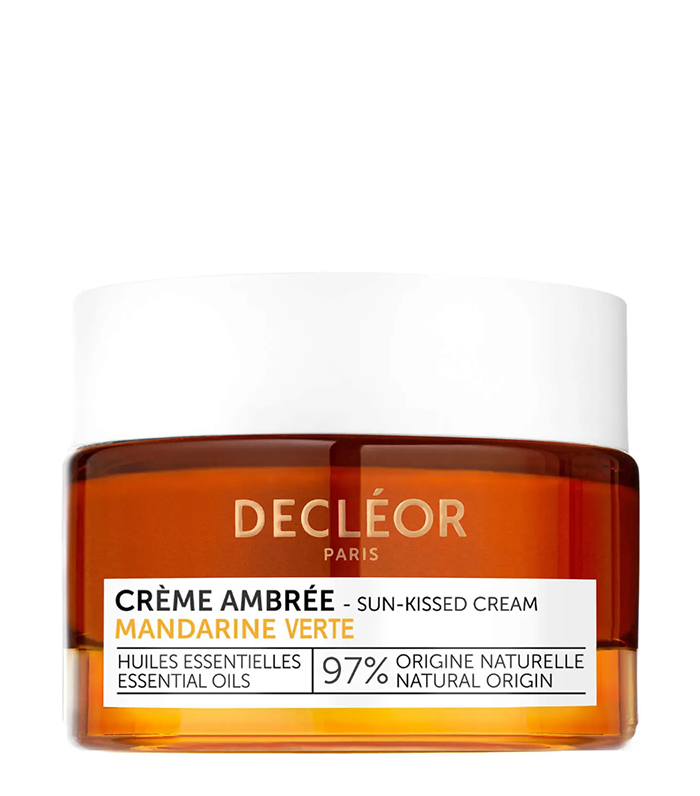
This does exactly what it says on the pot. With natural tint, it blurs skin and delivers the sort of finish that makes you look like you've just spent a day at the beach and have freshly showered. It's a feat.
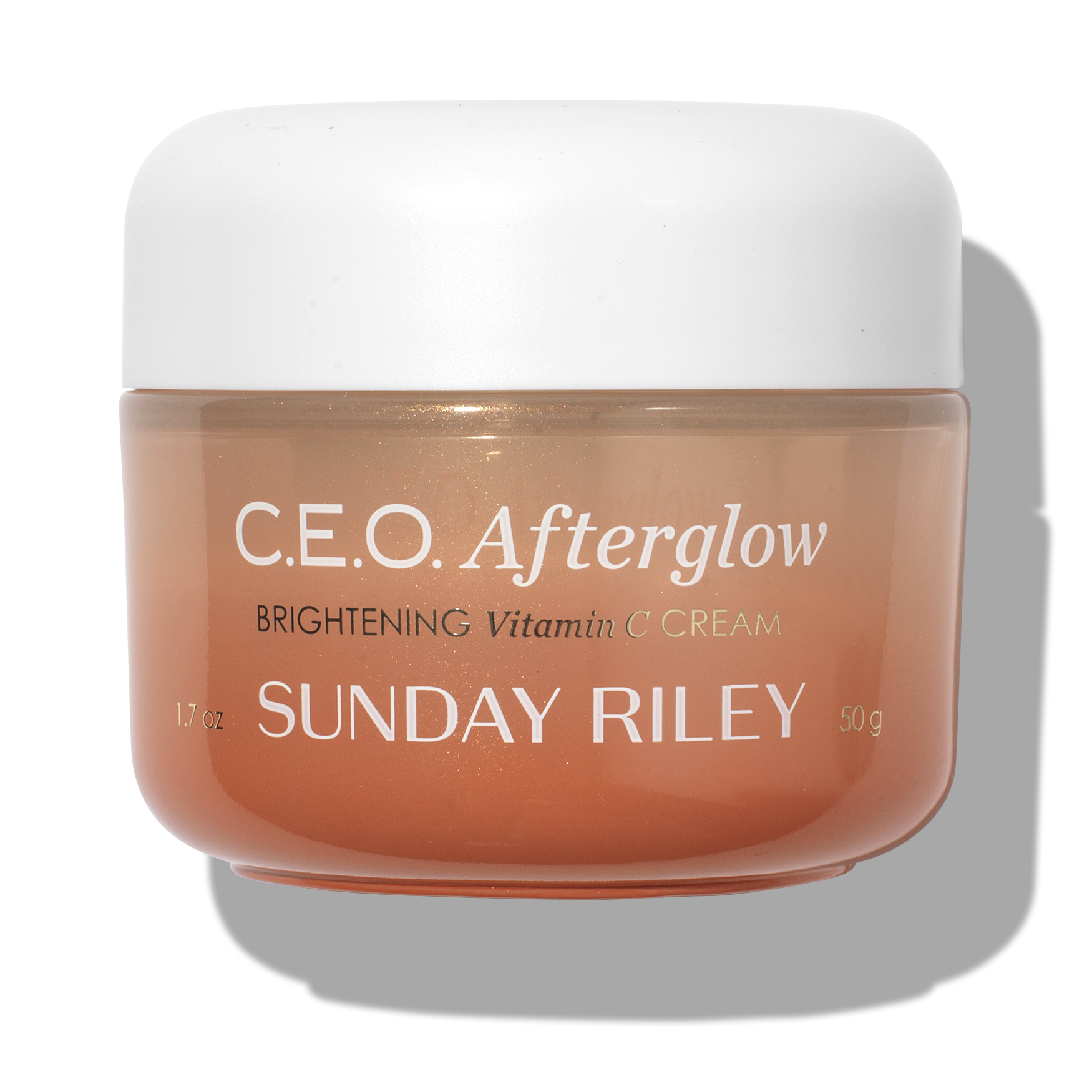
A new addition to my list of best glow-boosting moisturisers, this stuff isn't tinted as such, but rather it contains a beautiful skin-blurring radiance that just makes your complexion look more alive. Plus, it's formulated with a hefty dose of vitamin C for supercharged luminosity.
Next Up: A 54-year-old shares 7 beauty products that make her looks 10 years younger.
Shannon Lawlor is the beauty director at Who What Wear UK. With over a decade of experience working for some of the beauty industry’s most esteemed titles, including Marie Claire, Glamour UK, Stylist and Refinery29, Shannon’s aim is to make the conversation around beauty as open, relatable and honest as possible. As a self-confessed lazy girl, Shannon has an affinity for hard-working perfumes, fool-proof makeup products and does-it-all skincare.
-
 I'm an Aesthetician—Believe Me When I Say This Underrated Ingredient Will Massively Advance Your Skincare Routine
I'm an Aesthetician—Believe Me When I Say This Underrated Ingredient Will Massively Advance Your Skincare RoutineExpect major glow.
By Grace Day
-
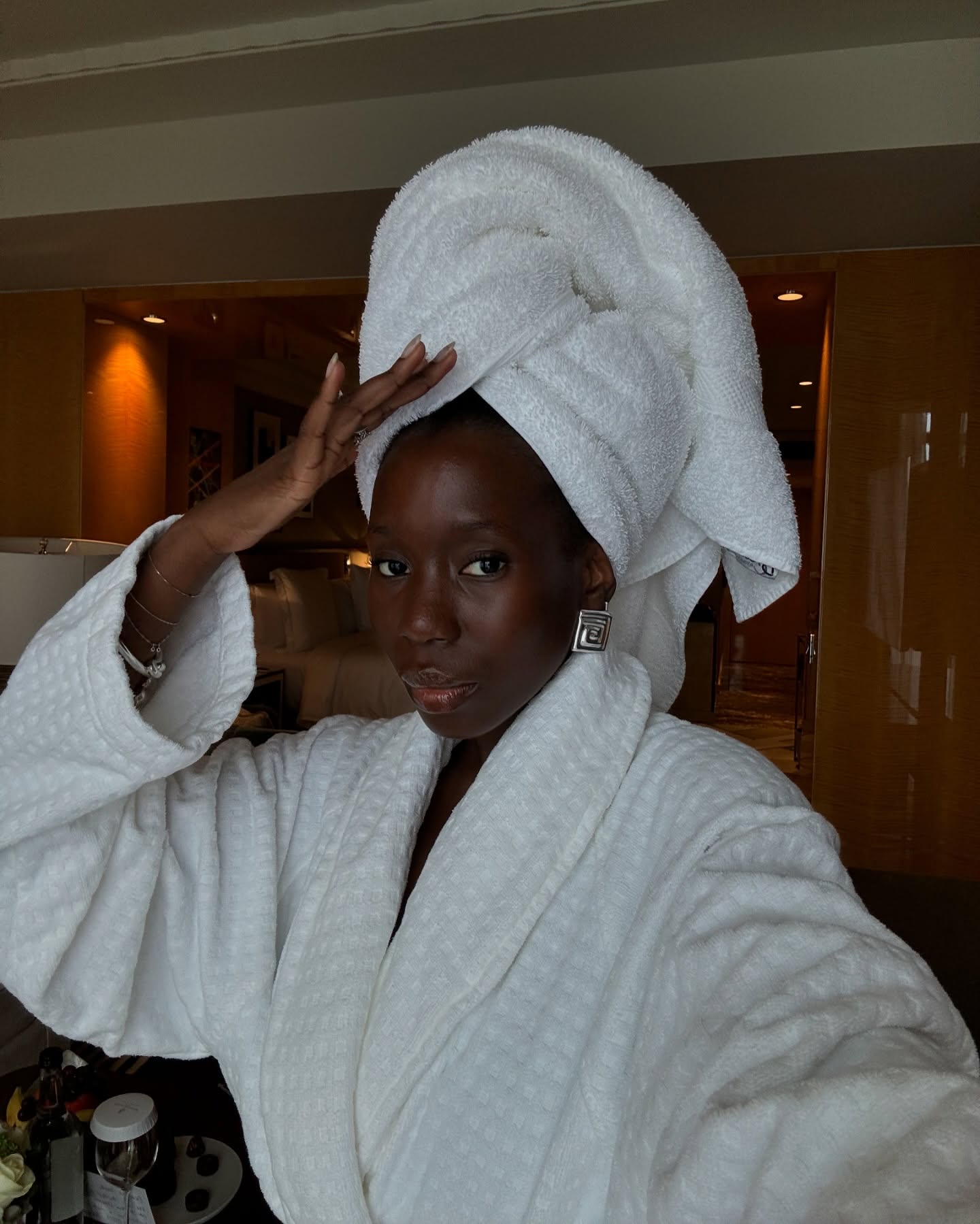 Surely This Trending Skincare Ingredient Can't Actually Replace Botox? I've Asked the Experts
Surely This Trending Skincare Ingredient Can't Actually Replace Botox? I've Asked the ExpertsPlus, the products worth trying.
By Grace Day
-
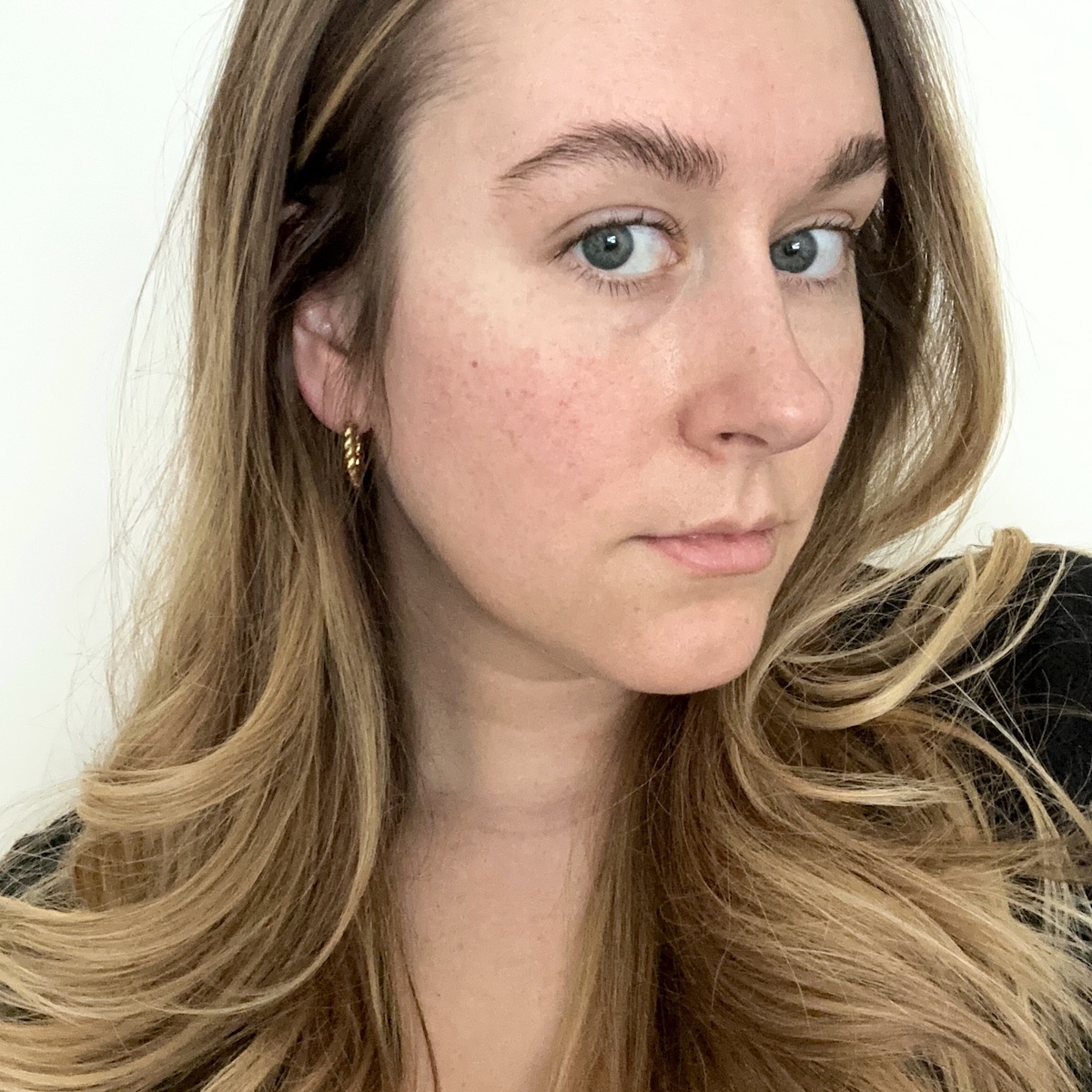 I'm 28, But My Neck Looks Older: I Asked 2 Dermatologists What to Do About It
I'm 28, But My Neck Looks Older: I Asked 2 Dermatologists What to Do About ItProject "reverse-age my neck" has commenced.
By Kaitlyn McLintock
-
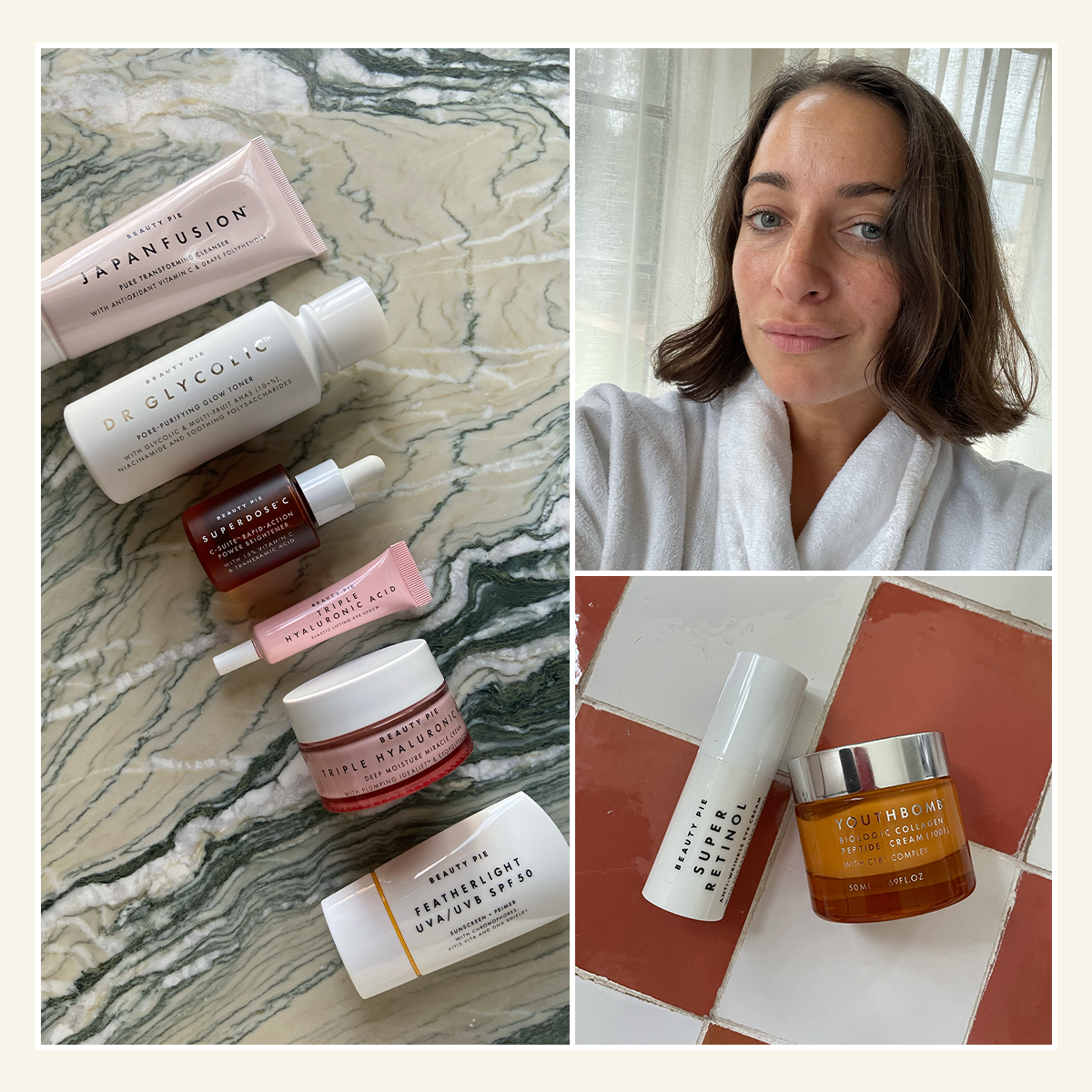 We're Beauty Experts, and This Skincare Quiz Made Us Rethink Our Beauty Regimes
We're Beauty Experts, and This Skincare Quiz Made Us Rethink Our Beauty RegimesWe couldn't believe the results.
By Rebecca Rhys-Evans
-
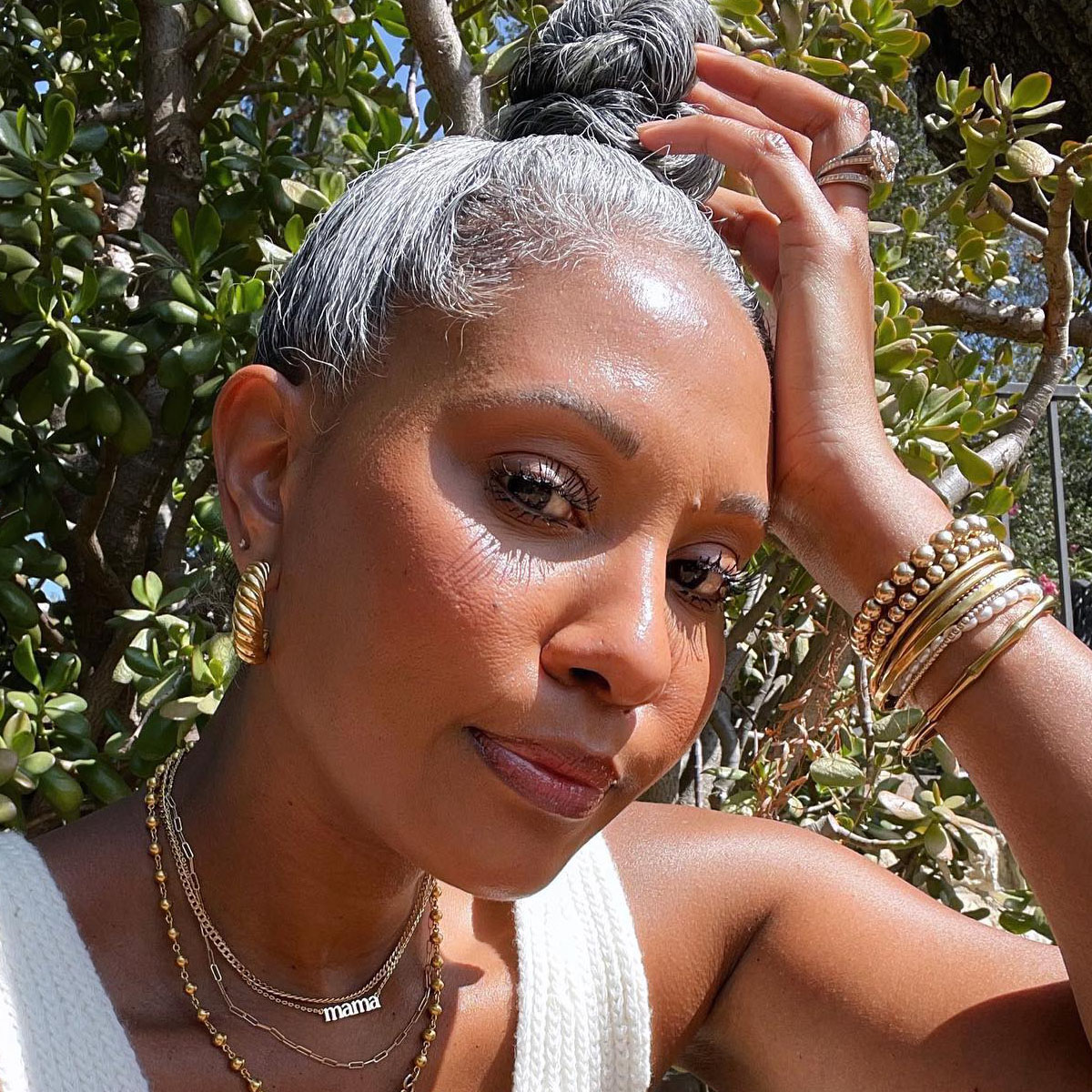 Makeup Artists Say These 12 CC Creams Do the Absolute Most for Mature Skin
Makeup Artists Say These 12 CC Creams Do the Absolute Most for Mature SkinYour skin will thank you.
By Maya Thomas
-
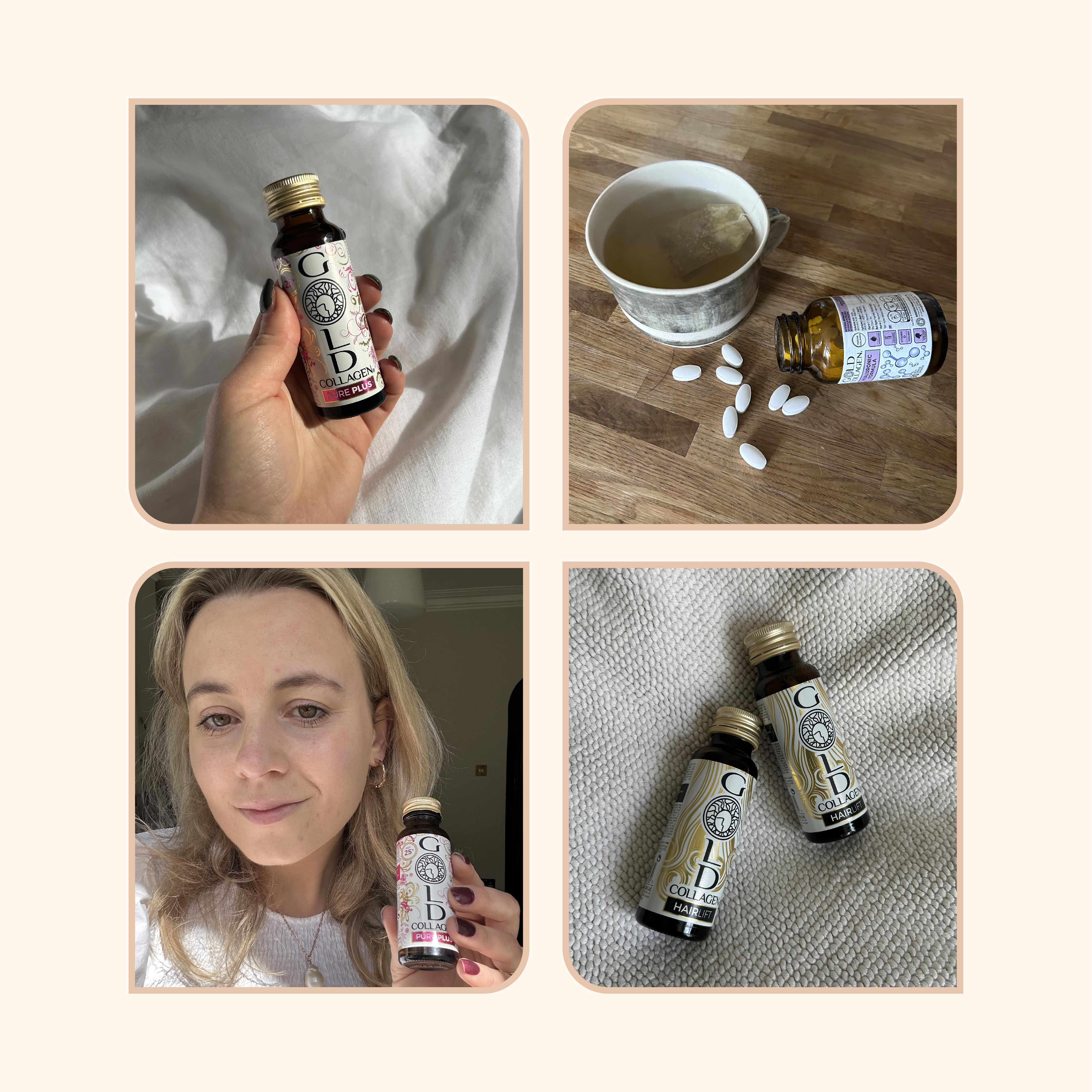 I Tried the Collagen Supplement Beauty Editors Are Obsessed With—See the Results
I Tried the Collagen Supplement Beauty Editors Are Obsessed With—See the ResultsLittle bottles with big impact.
By Rebecca Rhys-Evans
-
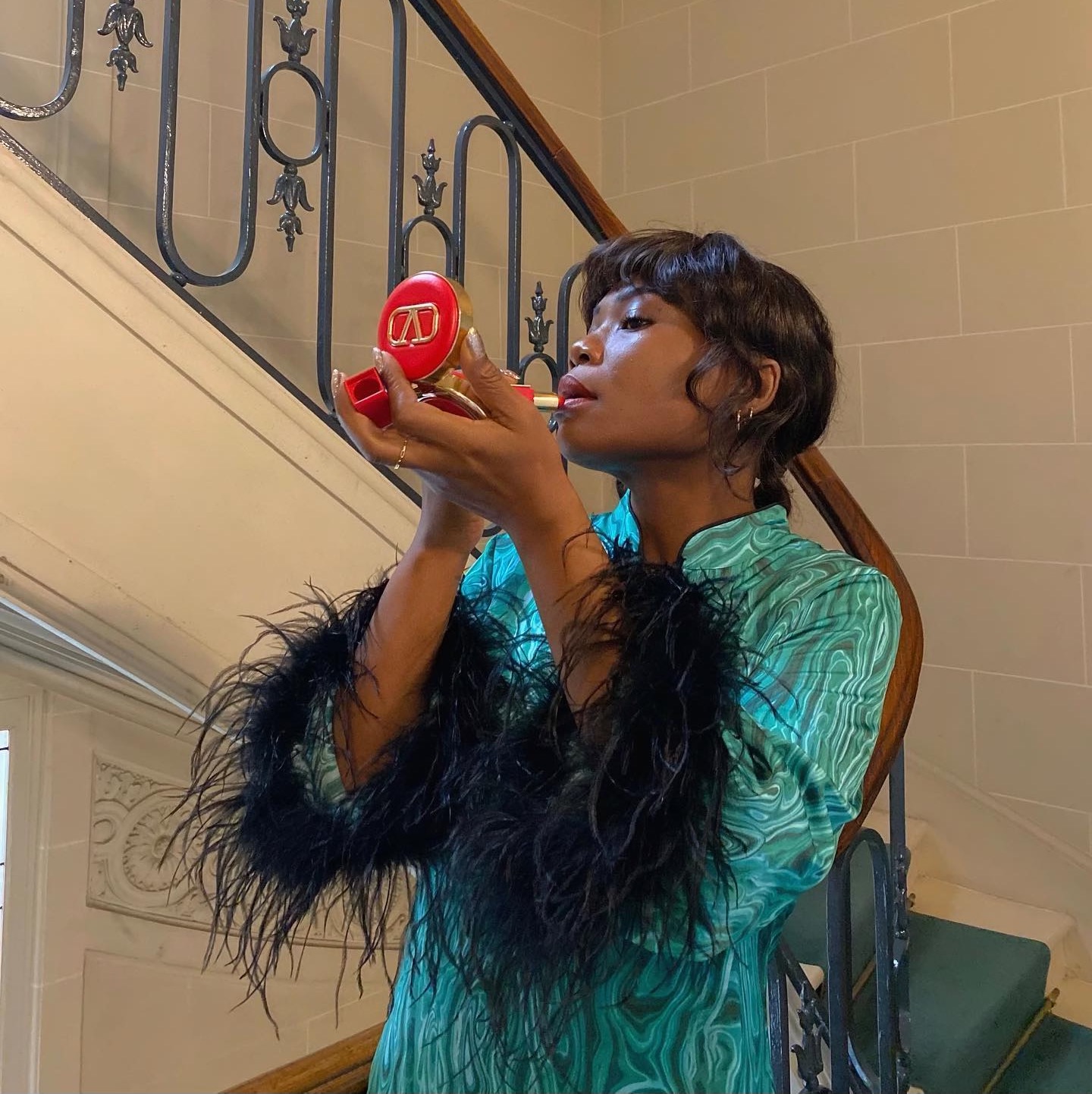 Whether You're 25 or 75, These Beauty Products Have Ageless Appeal
Whether You're 25 or 75, These Beauty Products Have Ageless AppealFrom mascaras to serums.
By Grace Day
-
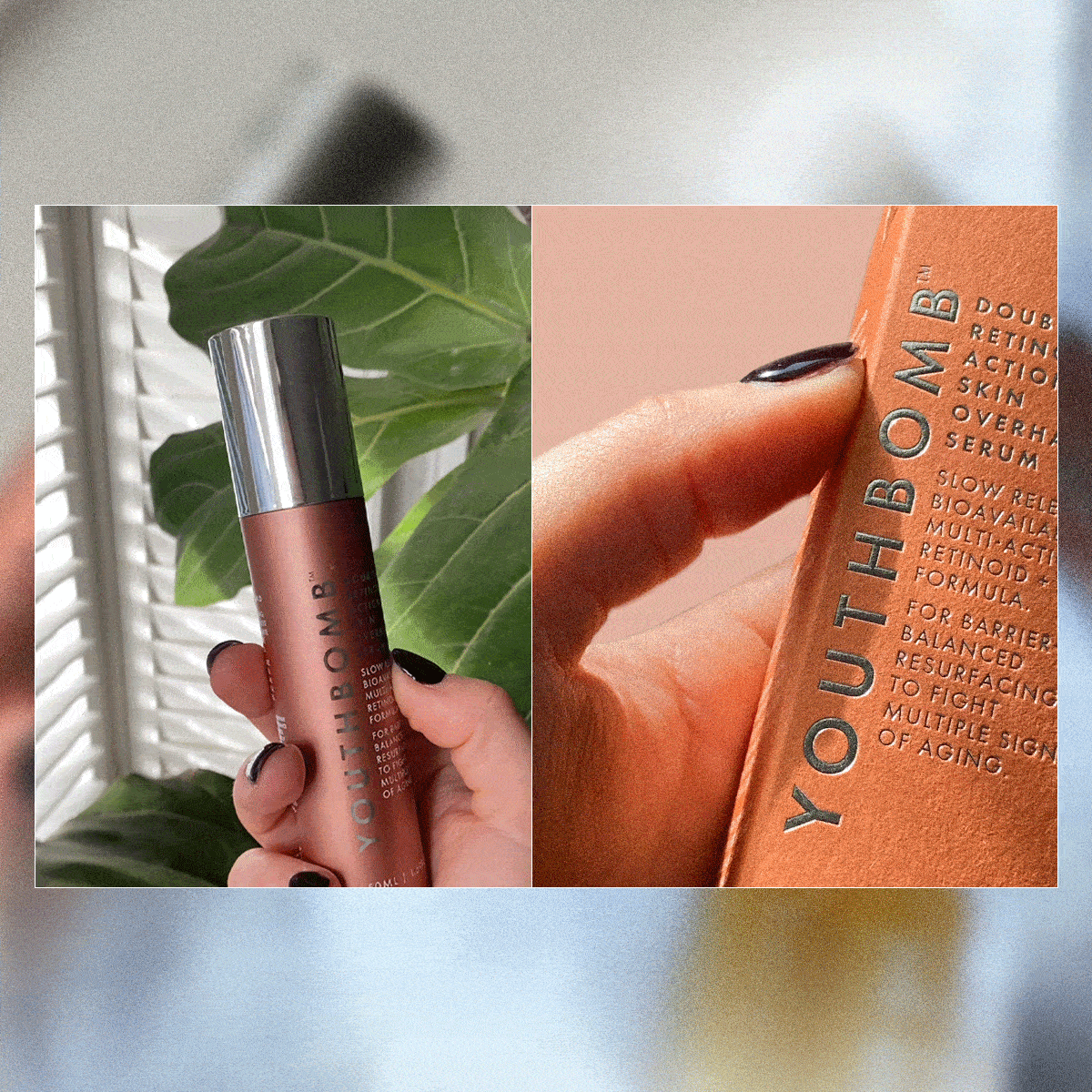 I Used This Beauty Product for 3 Weeks and My Skin Has Never Looked So Good
I Used This Beauty Product for 3 Weeks and My Skin Has Never Looked So GoodIt's youth in a bottle.
By Rebecca Rhys-Evans
